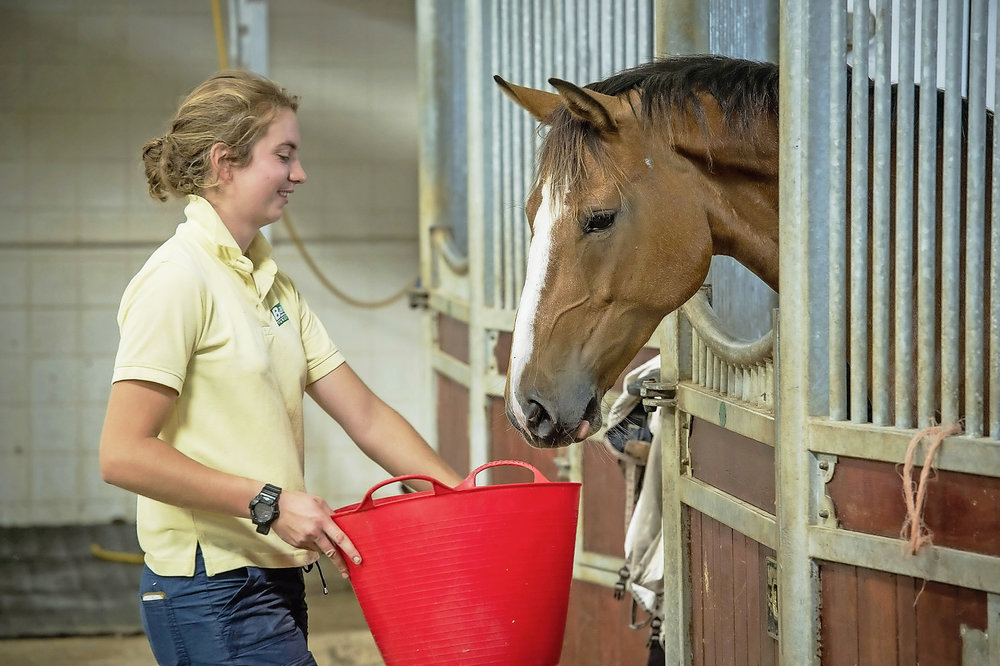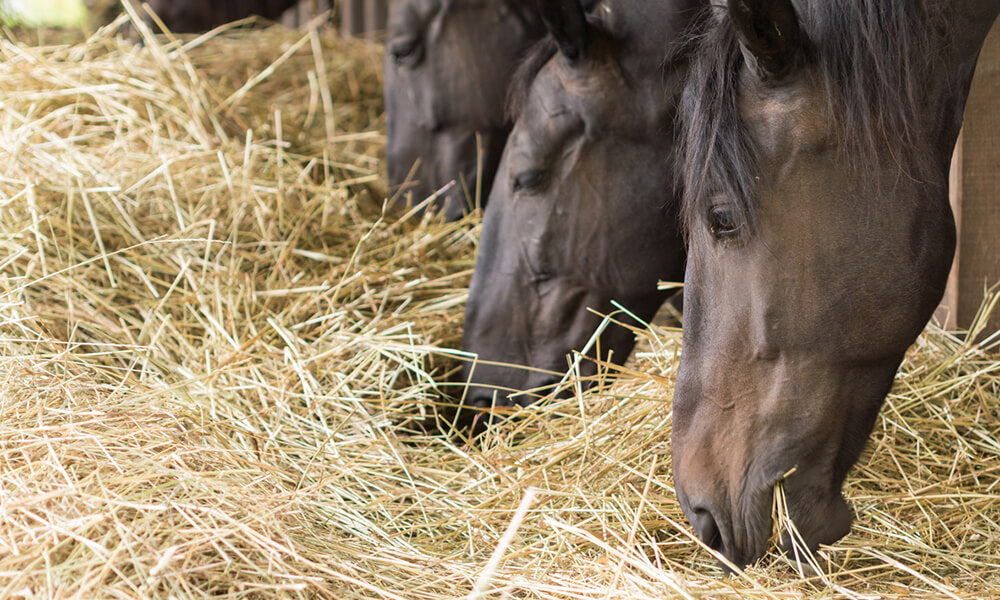Providing a well-structured horse feeding schedule is crucial for maintaining the health and well-being of your equine companions. Proper nutrition not only sustains their energy levels but also ensures their growth, health, and longevity. Establishing a consistent feeding routine can prevent numerous health issues and contribute to a happier, more content horse.

Understanding Horse Nutritional Needs
Horses are complex animals with specific dietary needs. They require a balance of carbohydrates, proteins, fats, vitamins, and minerals. Understanding these requirements forms the basis of an effective horse feeding schedule.
The Importance of Roughage
The primary component of a horses diet should be forage, such as hay or pasture, which provides the necessary fiber for healthy digestion. As a general rule, a horse should consume at least 1-1.5% of its body weight in forage daily. Learn more about hay types ideal for horses.
Concentrates In the Diet
Depending on the horse’s energy needs, concentrates like grains and commercial feeds may be added to their diet. It’s crucial to choose the right type of feed based on the horses age, workload, and health condition. For instance, explore our resource on feeds for seniors.
Establishing a Feeding Routine
A consistent routine is essential. Horses are creatures of habit, and erratic feeding times can lead to stress and digestive issues. Plan their meals at regular intervals to promote a healthy lifestyle.
Frequency Matters
Horses should be fed multiple small meals throughout the day. This mimics their natural grazing behavior and supports optimal digestive function.
Adjusting to Seasonal Changes
Feed needs may vary with seasons. In winter, extra feed might be necessary to maintain body warmth, whereas summer might require an adjustment to prevent overheating.
Preventing Nutritional Diseases
A well-structured feeding schedule helps prevent nutritional imbalances that can lead to diseases. For more insights, visit equine nutrition guidelines.
Avoiding Overfeeding
Overfeeding can lead to obesity, digestive disturbances, and metabolic disorders. Carefully measure portions and adjust as needed based on activity levels.
Monitoring Health Changes
Regularly assess your horses weight, body condition score, and overall health to ensure the current diet meets their needs.
Mistakes to Avoid
Common feeding mistakes can adversely affect your horses health. Learn from expert advice and avoid these pitfalls:
Feeding Moldy Food
Never feed moldy hay or grain as it can cause severe health issues. Refer to our article on dangers of moldy hay.
Ignoring Drinking Water
Adequate water is crucial to aid digestion and regulate body temperature. Ensure your horse has constant access to clean water.

FAQ Section
What is the best feeding schedule for horses?
Ideally, feed small meals several times daily, maintaining consistency in timing and portion sizes.
How should I adjust the diet for an aging horse?
Aging horses may need softer, more easily digestible feeds. Consider specialty senior feeds.
Can I change a horse’s diet suddenly?
Sudden dietary changes can upset digestion. Gradually transition over a week or two to prevent issues.
Creating and maintaining a diligent horse feeding schedule involves understanding your horse’s individual nutritional needs, daily routine, and health status. Passionate equestrian enthusiasts can ensure their horses remain healthy and vibrant by sticking to these guidelines.
This article contains affiliate links. We may earn a commission at no extra cost to you.
